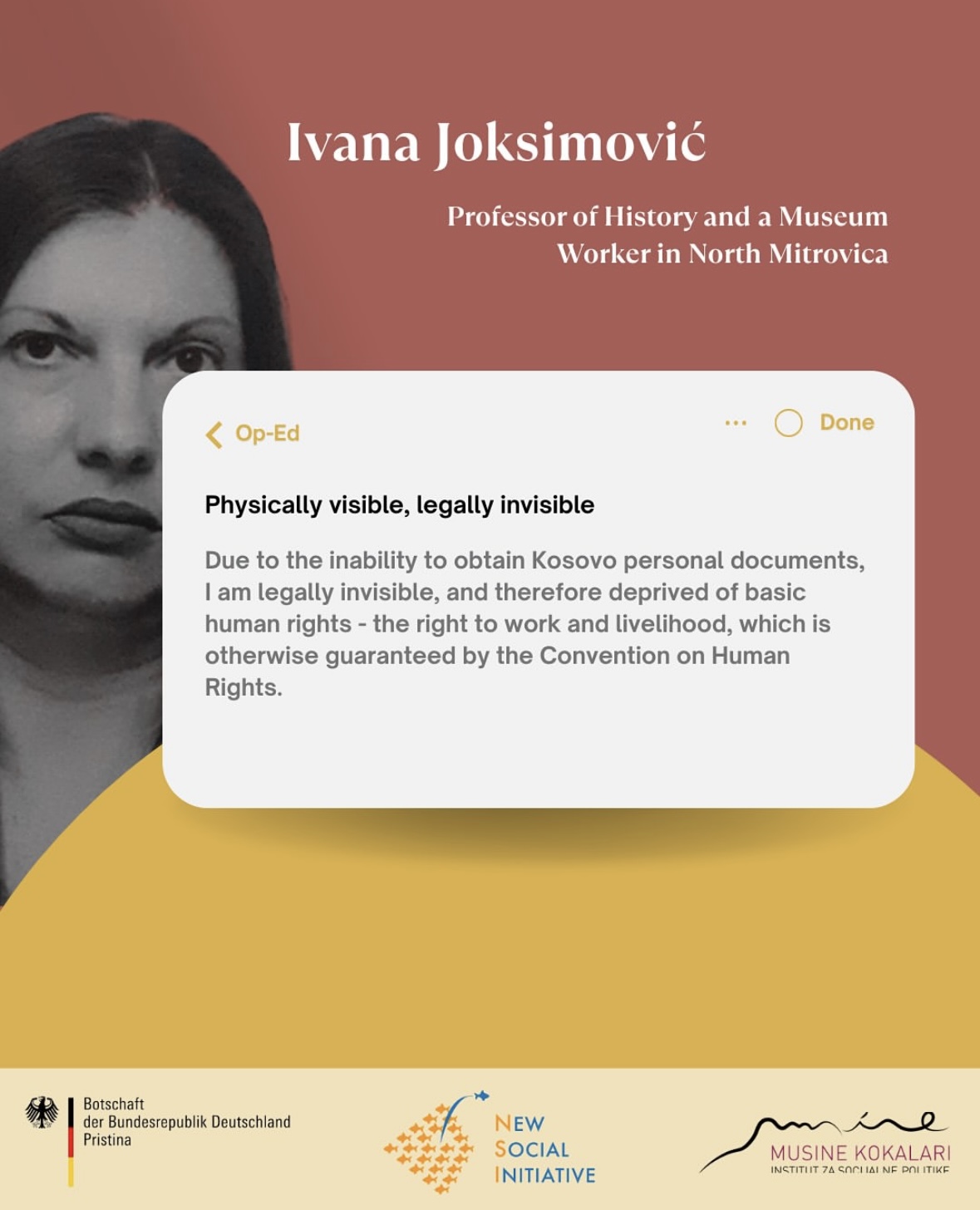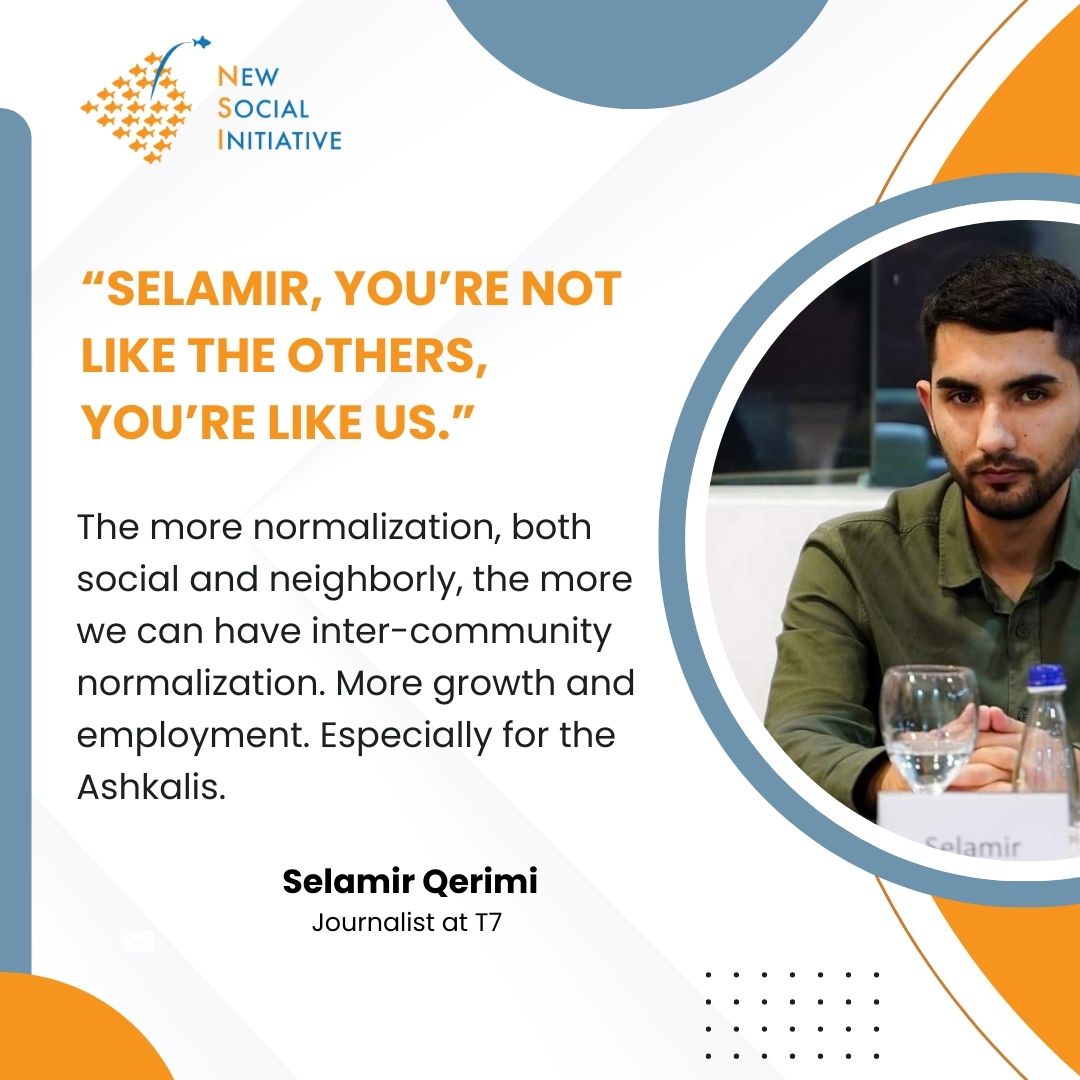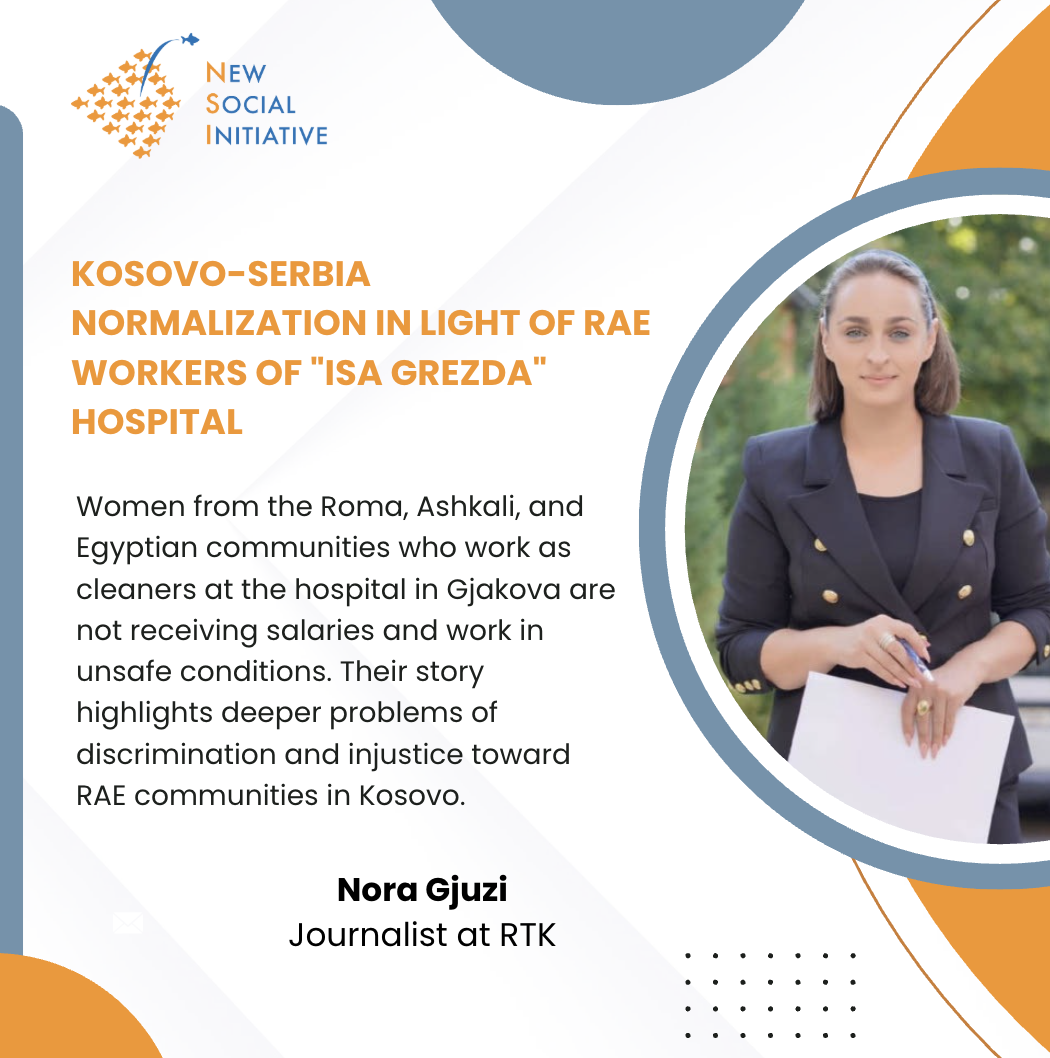Like last year around this time, at the beginning of February, I was delighted by the invitation from the New Social Initiative (NSI) from North Mitrovica to participate in their now-traditional discussions among young political analysts and experts – representatives of civil society from both Serbian and Albanian communities in Kosovo. This time, the meeting was held in Gracanica, at the hotel of the same name, which will remain in my memory as an island of hope in the stormy sea of events in this, for many still, sacred Serbian land.
After last year’s discussions in Brezovica, this time I arrive better prepared for an informal discussion unlike any other on this topic. Starting late afternoon and continuing over dinner, which often lasts deep into the night, the discussion unfolds more in the form of conversation among old acquaintances exchanging impressions, opinions, and constructive suggestions, than the clash of arguments between conflicting parties to which we are accustomed in public political discourse.
As I watch their young faces illuminated by the warm light from the fireplace around which we are gathered, it crosses my mind that a stranger who would stray into such an event without prior knowledge of the recent history of our relations would undoubtedly return home convinced that the integration of two communities is not only possible but also desired, and in certain segments, within reach. Unfortunately, harsh reality would soon prove them wrong.
Although the conversation that unfolds in perfect English may seem like spontaneous exchange of thoughts at first glance, it actually follows a precisely defined agenda communicated to the participants in advance, with an experienced moderator ensuring that each speaker gets the deserved space for uninterrupted presentation.
The topic is vast, but fundamentally there is only one that increasingly seems like a utopia, and only occasionally like an achievable goal. How to achieve normalization? Instead of approaching a sustainable solution, the general impression is that we are drifting further away from it. Participants of Serbian and Albanian nationality agree on the minimum prerequisites necessary for a normal and decent life of Serbian families. Starting from freedom of speech and movement, education and schooling of children, healthcare services, regular incomes and pensions, to social assistance for the most vulnerable.
But when none of that is available, when a young mother grips her daughter’s hand too tightly when she smiles in the street because she fears that the stern-faced special forces officer in full gear will misunderstand her and cock the gun. When the mailman no longer rings the doorbell of the immobile elderly woman to bring her meager pension once a month. When doctors, nurses, and teachers stop receiving salaries, while medications and medical supplies necessary for surgical interventions have long been lacking. When life is such that it more resembles a wartime camp, humiliating and unworthy of any human being, what normalization and what kind of normality can we even speak of?
The year in which over 4 billion people in 40 countries around the world, including the USA, EU, but also citizens of Serbia and Kosovo, will go to the polls, will bring a firework of challenges for dialogue between Belgrade and Pristina. Judging by the events that marked its beginning, I fear that the word “challenge,” as a domesticated replacement borrowed from the English language for “problem,” will become a euphemism for what awaits us in this 2024.
Therefore, “If I Were Someone,” I would do everything in my power to make these meetings of the New Social Initiative a model for all future dialogues aimed at finding lasting solutions for the dignified life of Serbs, as well as coexistence of Serbs, Albanians, and all other communities living in Kosovo.
Unfortunately, I fear that the one who currently decides the fate of Serbs in Kosovo will not be willing to leave his comfortable political trench from which he incessantly fires volleys of new threats to their survival, inevitably writing the final pages of the tragic history of Serbs in Kosovo.
Therefore, I would encourage all those who are sincerely interested in the fate of the Balkans to listen to the wise voices of these young men and women who truly want to stay in Kosovo and live peacefully with their neighbors regardless of their nationality and religion. Without forgetting history, but walking together towards a common future.
“If I Were Someone” – the TV show that gives ordinary people the opportunity to speak about what they would change if they had power.










